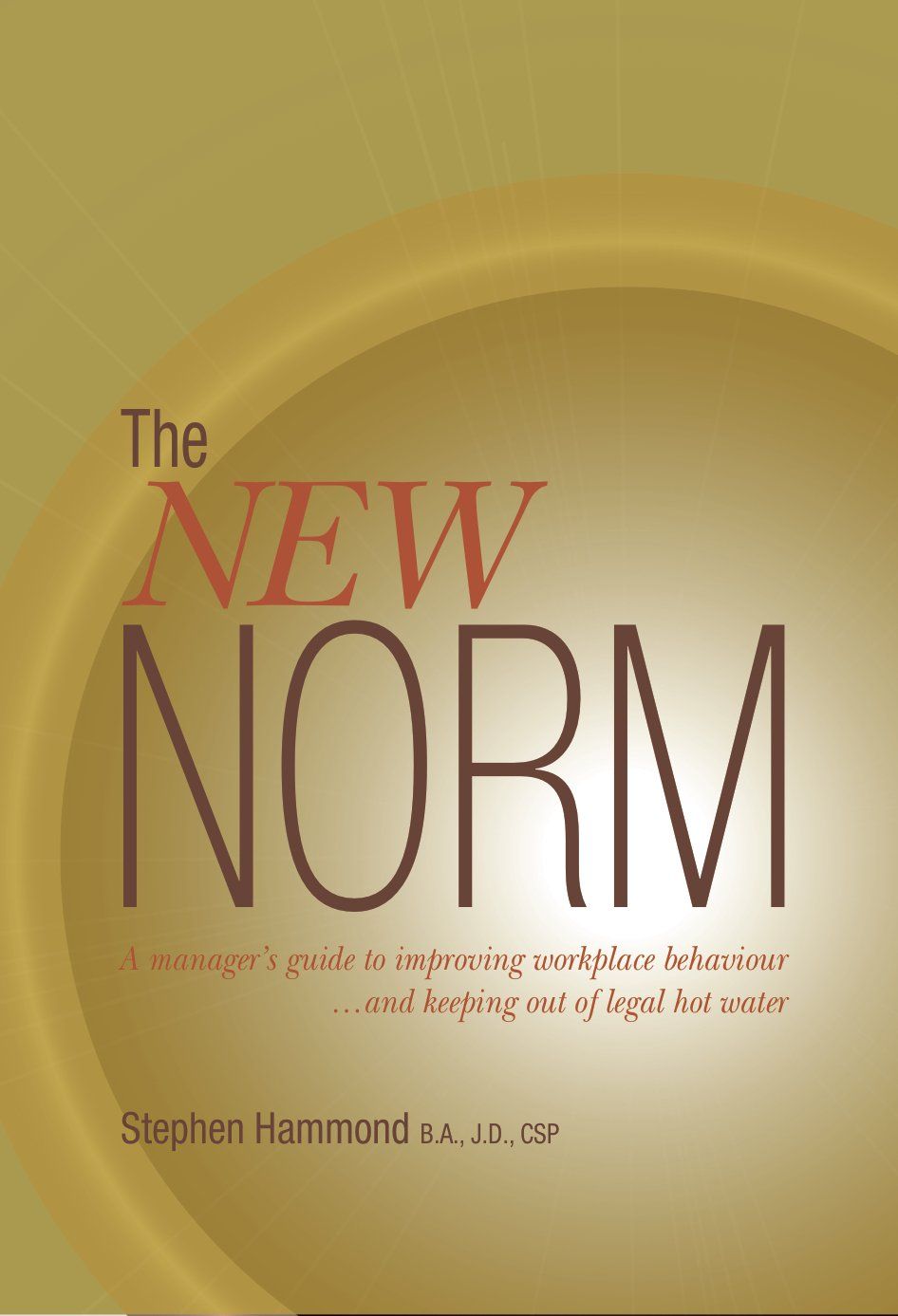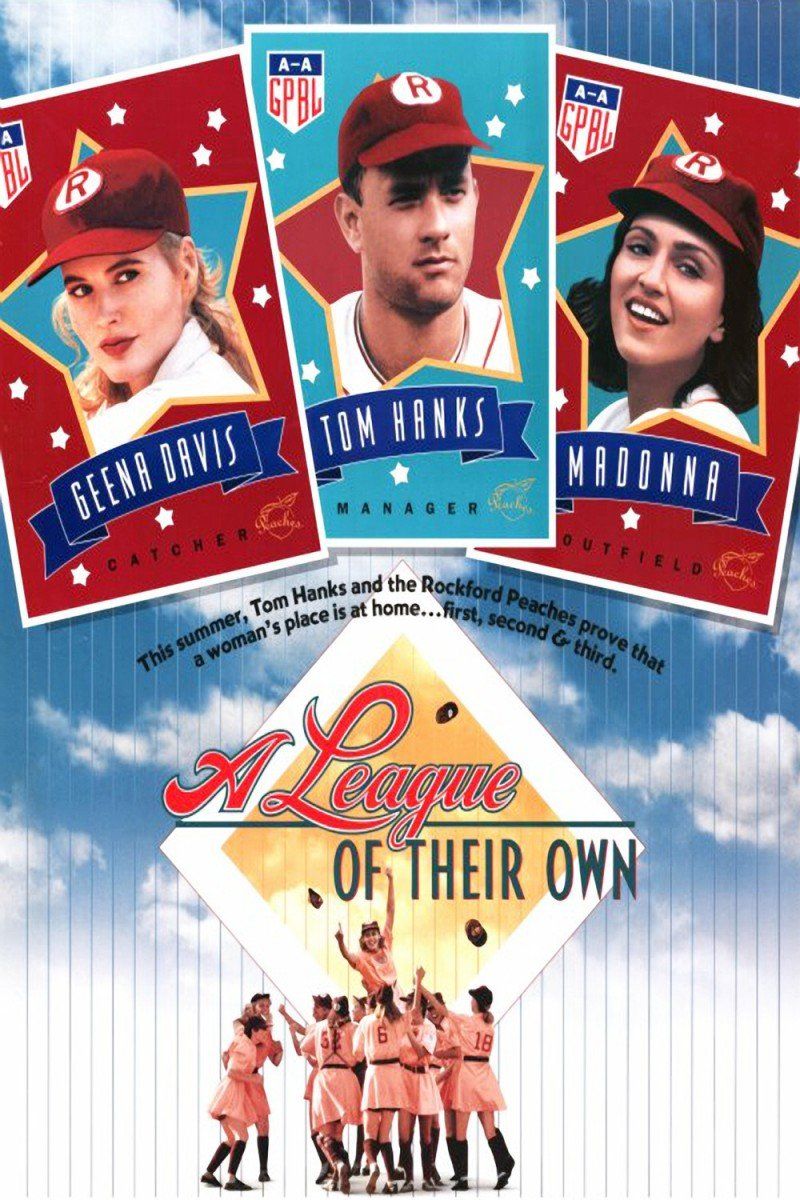Chapter eight
THE NEW NORM speaks up regardless of hierarchy
On March 29, 2015 the National Post published an article by Tom Blackwell about a study spearheaded by Dr. Dylan Bould. In the opening two paragraphs of the article, the reader is stunned to learn that as a junior resident in anesthesiology, Dr. Bould didn’t speak up to the more senior doctor in charge when he felt their patient – a new mother – couldn’t handle the drugs being administered.
The article quoted Dr. Bould as saying, “I felt I’d be making a fool of myself to speak up. Unfortunately, that woman had a cardiac arrest on the end of the syringe and was never resuscitated. So that husband lost his wife and that child lost her mother.”
The article noted that years later, the study let Dr. Bould know his experience wasn’t uncommon. One of the experiments involved a supervising anesthetist telling the junior residents to administer blood to a Jehovah’s Witness even though this went against the patient’s direct wishes.
Not one of the trainees questioned the procedure. While this was unethical, other tests involving actors also reinforced how the younger doctors in training wouldn’t speak up when they knew something was wrong. The sense of hierarchy is so strong that doctors coming up the ranks don’t want to get in trouble.
A couple of weeks ago, I was speaking to a surgeon about this issue of hierarchy in her profession. She was about to slice off part of my nose (don’t ask) and I mentioned how impressed I was with a previous operation she performed on me, slicing off part of my leg (don’t ask, but don’t worry).
While I was still awake for the leg operation, there were three doctors and a number of nurses…all there to make sure I was getting good care. She was prepping everyone and then, as she does prior to each operation, she asked something like, “Is there anyone who has anything to say before we get started? Is there anything you have observed that isn’t correct and you want to speak now?”
In our more recent conversation, I asked the doctor, “That is impressive, but here’s an important question: Do you think you give the kind of signals that would make someone feel comfortable to actually speak up after you give them the chance?” She took a contemplative pause and said, “I’m not sure.”
For the record, I think this surgeon is incredible and her bedside manner is wonderful – the type of attention you want from every doctor. So I suspect that if anyone is open to comment or criticism, it would be this doctor (I really do). Yet she said she’s not sure if someone would speak up. Likewise, there are plenty of times we have the best of intentions, but others don’t see it that way.
Many junior employees, regardless of their line of work, experience senior people screaming at them, hear a rumour about a supervisor’s meanness or misinterpret a comment or look. Hence, even when someone tells them that they’re free to speak up, they clam up. It’s not easy to speak up to authority…in fact, many times it’s hard.
Perhaps if junior employees take my Respectful Workplace online course, they will know there are options when dealing with inappropriate workplace behaviour and dealing with verbal abuse in the workplace.
In the movie “A League of Their Own,” Tom Hanks’ character was coach Jimmy Dugan. Here’s how Dugan reacted to his top female player, Dottie Hinson, when she was quitting the team because “it just got too hard.” He said, “It’s supposed to be hard. If it wasn’t hard, everyone would do it. The hard…is what makes it great.”
Two years before being elected U.S. president, Barack Obama gave a speech to the Campus Progress Annual Conference in which he spoke to young people graduating from colleges throughout the country. He used a quote similar to Dugan’s, but added that doing the hard part “comes with plenty of failure along the way.”
In other words, doing the hard thing won’t always go our way…
but it’s crazy to not speak up just because occasionally we’ll stumble.
The OLD NORM
- is more concerned about his employment status than he is about the well-being of others.
- may be concerned about doing the “right thing,” but won’t always follow through if there are potential repercussions.
- is afraid of speaking up at the beginning of a job or career.
- sometimes risks his own safety or the safety of others, or the integrity of the job, instead of speaking his mind when he knows something is wrong.
The NEW NORM
- is concerned about his employment status, but isn’t willing to sacrifice others along the way.
- will speak up to authority when she knows or thinks the person in authority is wrong.
- knows some people in authority are bullies or will yell, so anticipates the best way to approach them.
- when the person is in authority, is open to comment and criticism and will ensure that employees truly know that.
Suggestions for the New Norm:
01
Let your knees shake. Don’t be afraid to be afraid. You may be nervous or downright petrified to speak to someone in authority, but if the issue is important enough, you’ve got to do it. Even with legislated protection to refuse dangerous work, many people are too frightened to question certain behaviours. And with some jobs – not just medicine – it’s not just your life at stake, but the lives or safety of people you serve.
02
Make it worth their while. It doesn’t matter how important you are, or how much authority you have; if another person can prevent a major screw-up or lawsuit down the road, people will listen. Put it in terms they understand, such as, “I could be wrong, but if we do this, and something goes wrong, you might be endangering yourself or others. I’d like to suggest an alternative.”
03
Leggo your ego. There must be wonderful people out there, who when corrected or criticized by a junior or less experienced person, are not defensive at all. For the rest of us, our ego gets in the way and our backs get up. It must be quite natural. Despite your feelings, let go of your ego and listen.
This chapter lets you know that it can be tough to speak up to persons in authority.
For more examples of other very inappropriate behaviours from people in authority, consider reading Chapter 13: The New Norm doesn’t engage in “baffling and bizarre” workplace behaviour.
Purchase a copy of The New Norm, or if you think all your supervisors and managers, could learn many valuable lessons about creating a respectful workplace, free of harassment, bullying and discrimination, you can get volume discounts.
What one reader has to say about Stephen’s book, The New Norm
“Wow, your book came at a great time for me. Initially I thought I was going to learn about what I could do about other people in my life. Instead, what I found was a tonne of material to challenge myself to look at my own behaviours and interactions. The chapters are short, use contemporary examples, provide lots of food for thought and the suggestions for the new Norm are totally achievable. I plan to incorporate this book into my practice and share with my co-workers. Like your previous work, I expect the messages to resonate even years later.
My favourite was chapter 30. "The New Norm doesn’t jump to conclusions" certainly resonated for me. Sometime when we are busy it may be tempting to take a shortcut thinking we already know the outcome so why bother with details? The cost may be pretty high, not only in dollars but in our own credibility.
I read the book while sitting in the living room with my husband. The poor man is dying to read it as soon as it's
available. I must have gasped a lot."
Deb Stewart
Manitoba nurse,
Respectful Workplace Online Training Course
If you, your employees or your managers want more information,
sign up for my new online training course:
The Respectful Workplace in Canada.
With 10 modules of useful, relevant and current information,
this course can help everyone at your workplace.
This may be the best online harassment training your people will get.
Stephen Hammond is a lawyer turned speaker and consultant in the field of harassment, sexual harassment, bullying, discrimination, diversity and inclusion at work.
The New Norm is Stephen’s third book.




